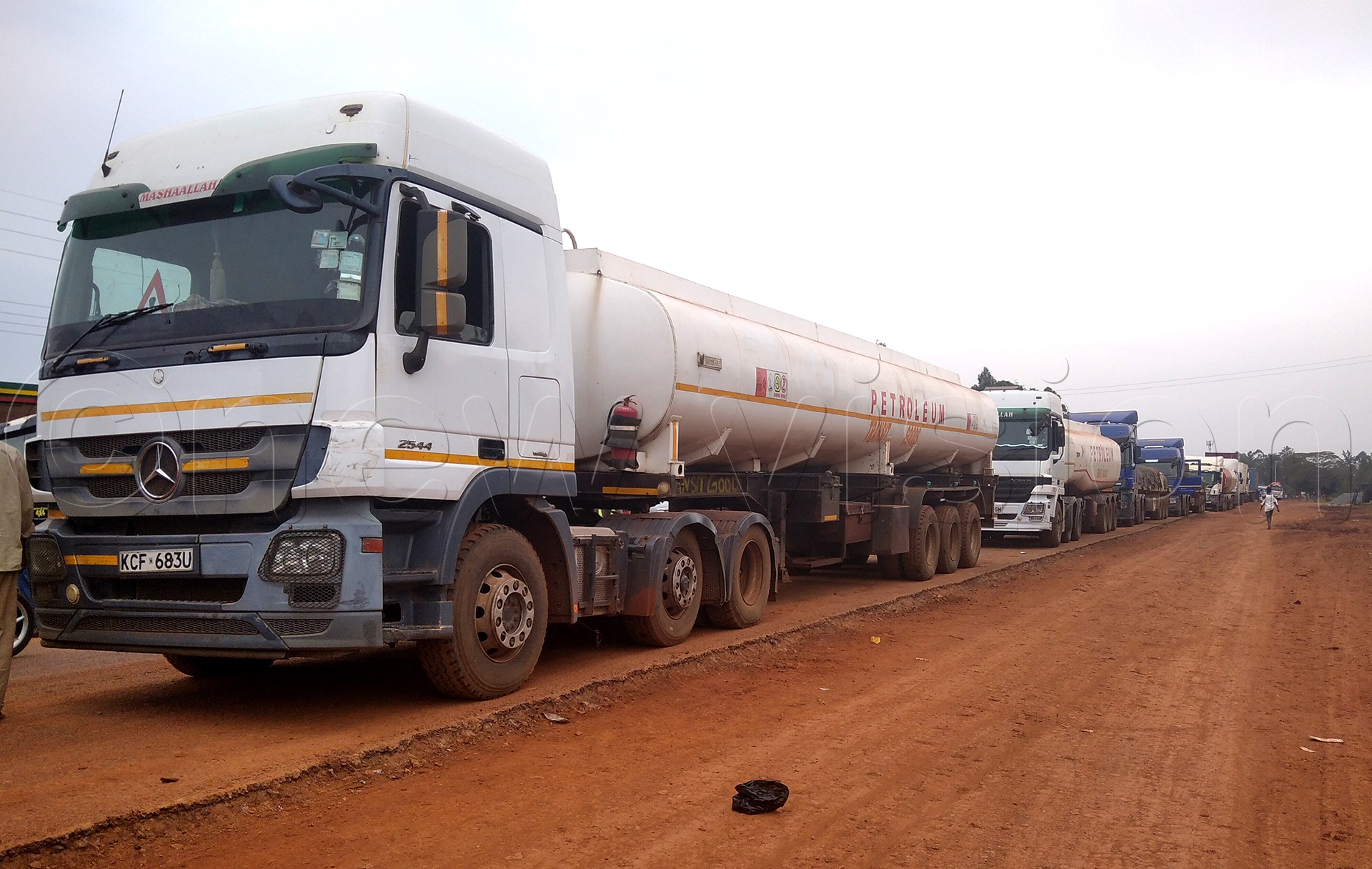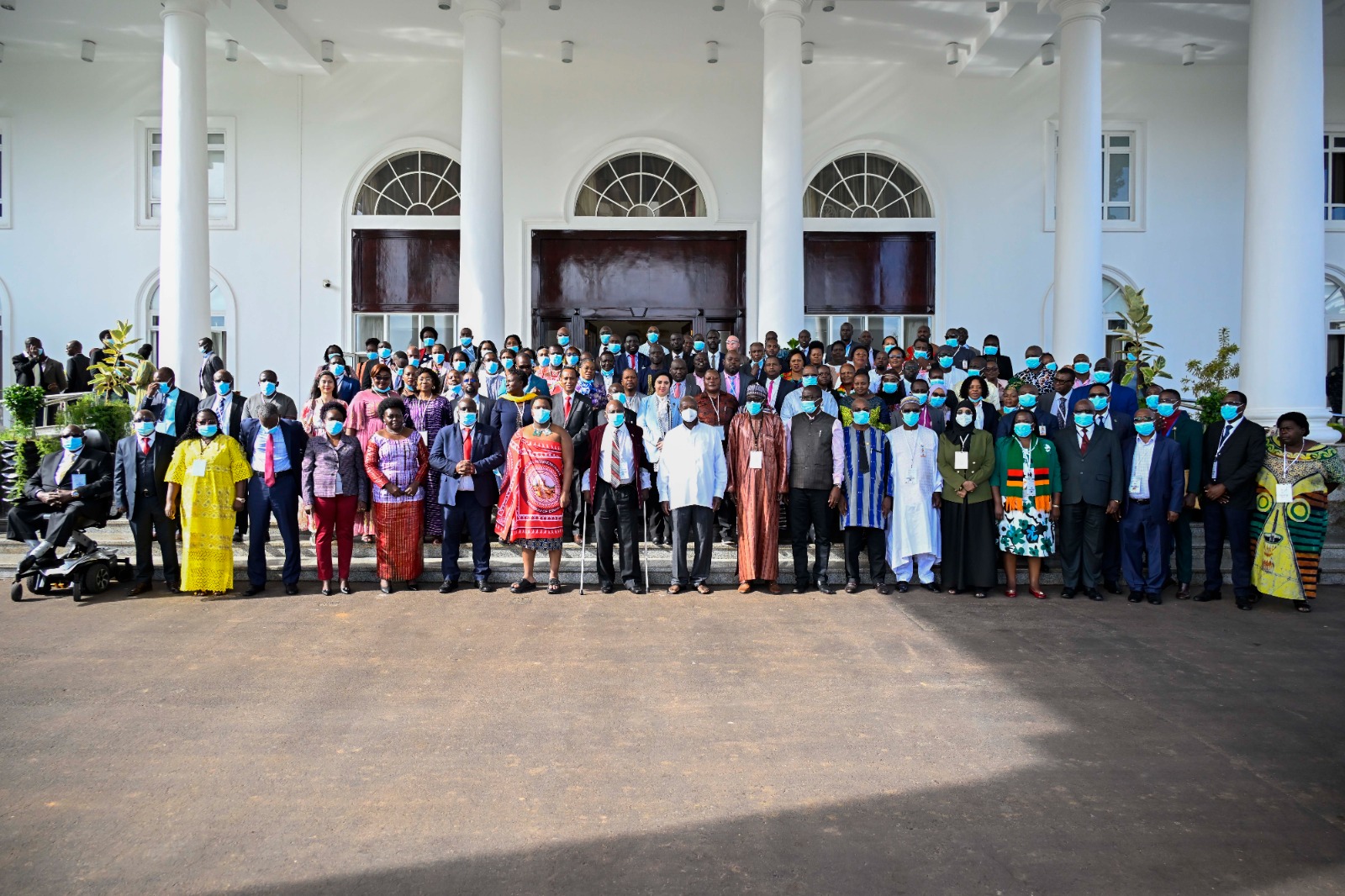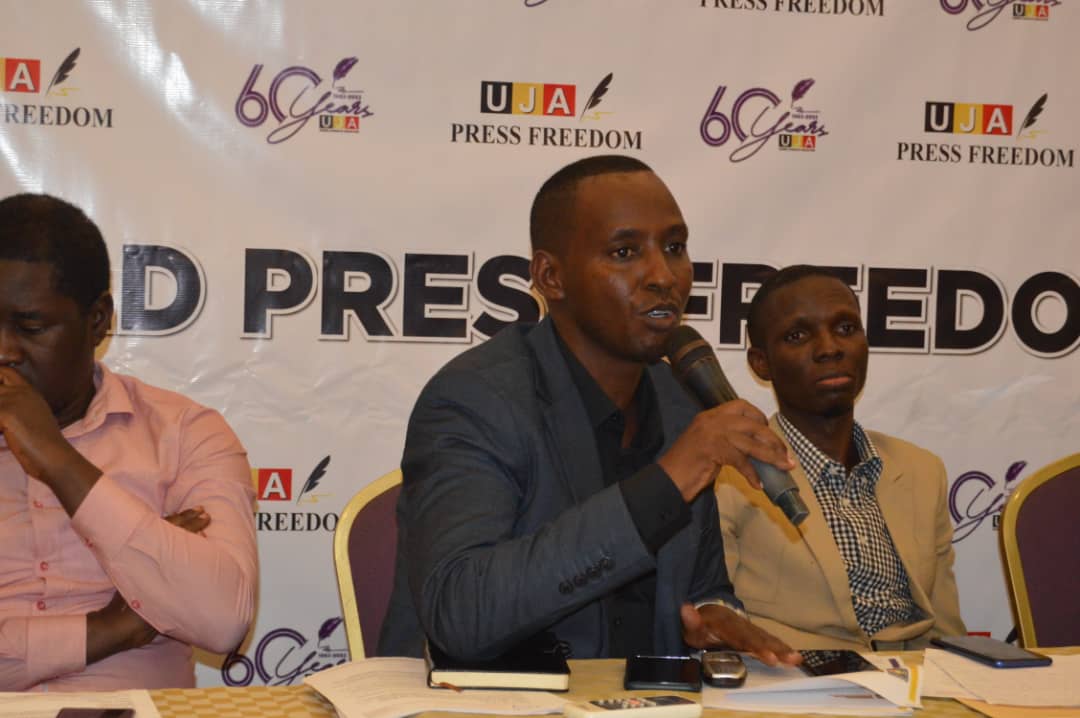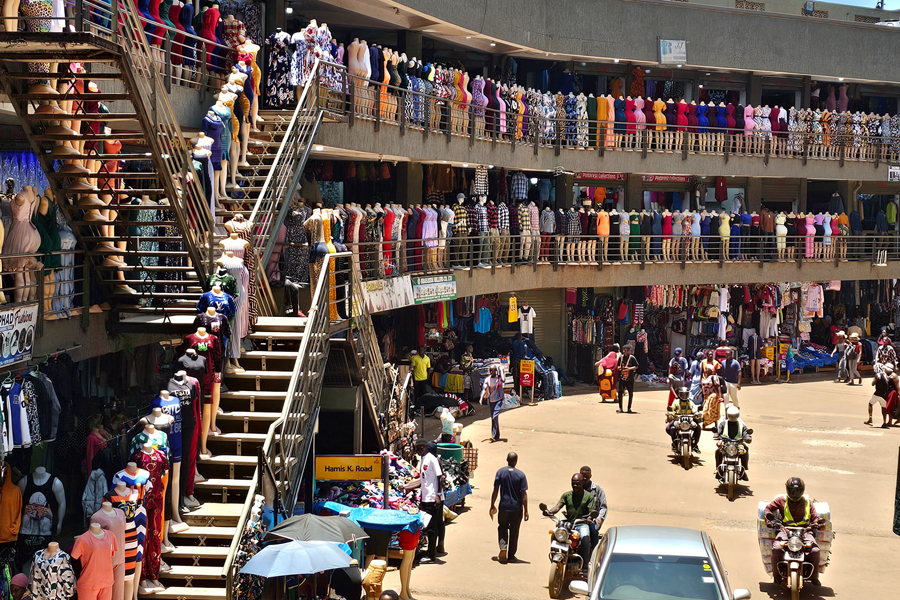Calls for reforms after 2024/25 Budget Estimates casts Uganda as tax economy

The Budget Estimates for 2024/25 have added another layer of concern, particularly with planned tax increases.
ECONOMY | As Uganda grapples with economic challenges, stakeholders are intensifying calls for urgent reforms in response to the Budget Estimates for the Financial Year 2024/25.
The proposed budget, coupled with planned tax increases, has raised concerns among various sector stakeholders, prompting calls for decisive action to address the country's economic woes and ensure sustainable growth.
The Budget Estimates for 2024/25 have added another layer of concern, particularly with planned tax increases.
Among the proposed measures are a planned increase of Shs100 on petroleum products.
These tax hikes are expected to further strain businesses and consumers, exacerbating the economic challenges already faced by the country.
Local traders, represented by the Kampala City Traders Association (KACITA), have been vocal in expressing frustration over what they perceive as neglect by the government.
Tadius Musoke, KACITA's chairperson, highlighted the detrimental impact of multinational manufacturers engaging in retail and wholesale business, exacerbating the challenges faced by local traders.
Musoke lamented the high import expenses and uncompetitive taxation policies imposed on local traders, comparing Uganda's tax rates unfavorably with those of neighboring countries like Kenya.
 URA chief John Musinguzi Rujoki
URA chief John Musinguzi Rujoki
He said the lack of functional railway transport system exacerbates transportation costs, further burdening traders.
The chairperson of KACITA accused the Uganda Revenue Authority (URA) and Ministry of Finance of neglecting the interests of traders, saying the government prioritises foreign businesses over native entrepreneurs.
Musoke also raised concerns about corruption, alleging Chinese influence in diverting government attention away from supporting local traders.
Highlighting the disproportionate taxation burden on traders, Musoke cited an example where a trader earns a minimal profit compared to the hefty tax obligations they face.
In response to these challenges, Musoke announced the intention of traders to stage demonstrations by closing their shops.
He called for increased government investment in the private sector to support the Ugandan economy and empower local citizens.
The statements made by Musoke reflect the growing frustration among local traders in Kampala, who feel marginalized by the government's policies.
David Kabanda, a Member of Parliament representing Kasambya County, called for a strategic approach to taxation and budget allocation.
He said there was a need for increased government investment in key sectors to stimulate economic growth, cautioning against measures that could further burden businesses and consumers.
Kabanda echoed the concerns raised by Musoke, urging the government to prioritise appointing individuals with a passion for business and a background in commerce to key positions such as the Ministry of Trade.
He criticised the recent appointment of former UPDF Army Commander Wilson Mbadi to the ministry, describing it as a "mismatch".
Speaking out against the challenges faced by local traders, Kabanda likened entrepreneurs to hens that lay eggs, emphasising the importance of providing them with the necessary support and care for their businesses to thrive.
The legislator expressed dismay over what he perceived as selective tax exemptions favouring foreign investors, which he said leave local entrepreneurs burdened with heavy taxation.
He warned that such policies contribute to the collapse of businesses and subsequent unemployment.
Rejecting over taxation as a solution to increasing revenue, Kabanda proposed alternative methods of revenue generation, including increased exports, tourism as well as tapping into the agricultural sector, particularly focusing on coffee, sugar, and milk production.
Drawing examples from countries like Brazil and Ethiopia, he noted the contrast in taxation policies, highlighting how other countries prioritize their nationals over foreigners, unlike Uganda's current approach.
Kabanda advocated for running the state like a business, citing the successful model of Dubai, where spending is directed towards the right priorities to stimulate economic growth and development.
Reforms needed

Similarly, Charles Rwomushana, a regular panelist on NBS TV's Barometer, criticised the government's economic policies and called for urgent reforms.
Rwomushana highlighted the need for transparency and accountability in budget allocation, urging the government to prioritise spending on initiatives that promote sustainable development and address the needs of the populace.
Charles Rwomushana launched a scathing critique of the government's economic policies, citing incompetence and a lack of sensitivity of the impacts of the budget on the economy.
Rwomushana's remarks come amid growing concerns over the challenges faced by local traders and the broader economic landscape in Uganda.
Rwomushana highlighted the role of organisations like KACITA, describing them as mere tax collectors while the true burden of taxation falls on the unconscious consumer, who may adjust their consumption habits in response to financial constraints.
He criticised the government's taxation policies, which he argued place undue pressure on traders by requiring them to prepay indirect taxes without guaranteed sales.
Rwomushana questioned the government's spending priorities, noting a propensity for excessive consumption rather than investment in development.
He said the reliance on borrowing to fill funding gaps, highlighting the disconnect between political promises and the financial means to fulfill them.
Rwomushana expressed concern over the centralised control of the economy, particularly the micromanagement of institutions like the central bank and parliament by the President.
He argued that such interference undermines the systematic functioning of the economy and perpetuates inefficiencies.
Additionally, Rwomushana raised issues related to the balance of payments, noting a lack of balance in directing funds towards importing highly expensive goods, such as military equipment, compared to the exports.
Rwomushana emphasized the urgent need for economic reforms to avert a potential collapse, warning against the rigid mindset of the president and the political motivations behind stifling prominent entrepreneurs.
In conclusion, Rwomushana painted a bleak picture of Uganda's economic trajectory, calling for drastic changes to avoid crisis and foster genuine development.
He cautioned against the suppression of local entrepreneurs by politicians, advocating instead for policies that empower and support indigenous businesses for long-term economic stability and growth.
For example, the exclusion of Ugandan citizens from the export of tilapia fish.
Adding to the chorus of discontent is Abed Bwanika, the Kimanya Kabonera legislator, who voiced concerns over the planned tax increases.
Bwanika argued that taxation should be linked to economic returns and called for a reevaluation of budget priorities to ensure that tax revenue is spent effectively.
He highlighted the danger of a taxation strategy that generates revenue but ultimately hampers economic growth, citing the potential scenario where the government collects one billion shillings in taxes but inadvertently stifles three billion shillings' worth of economic activity.
Bwanika cautioned against increasing taxes on an already burdened populace, suggesting that such a move would not significantly impact the government's revenue stream.
Instead, he advocated for a more strategic approach to taxation that focuses on maximizing economic returns while minimizing the adverse effects on businesses and individuals.
In conclusion, the planned tax increases in Uganda's 2024/25 budget estimates have underscored the urgent need for economic reforms.
Stakeholders across various sectors are calling for transparency, accountability, and strategic allocation of resources to address the country's economic challenges and ensure sustainable growth and development.
Only through concerted efforts and meaningful reforms can Uganda overcome its economic hurdles and pave the way for a brighter future for all its citizens.













